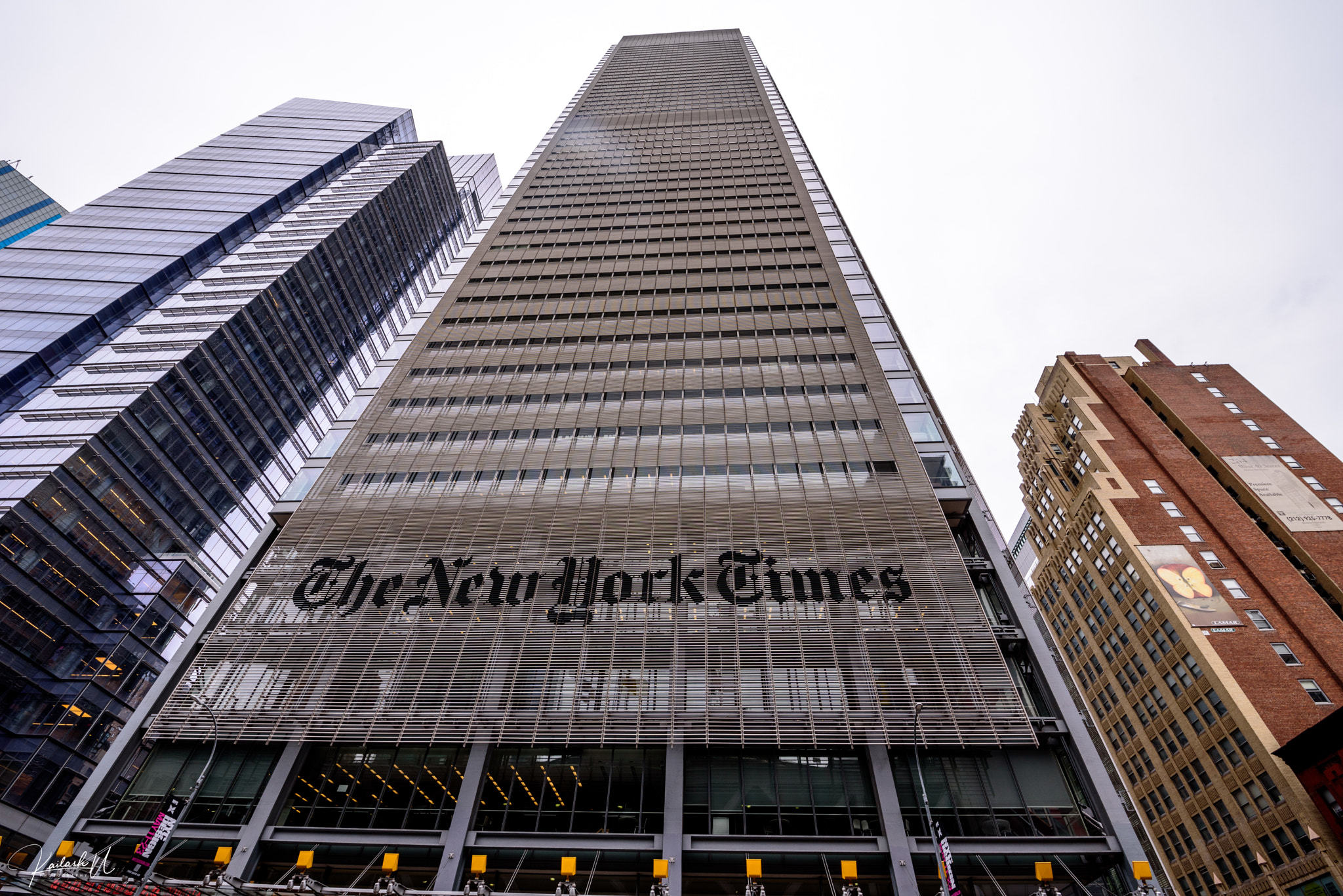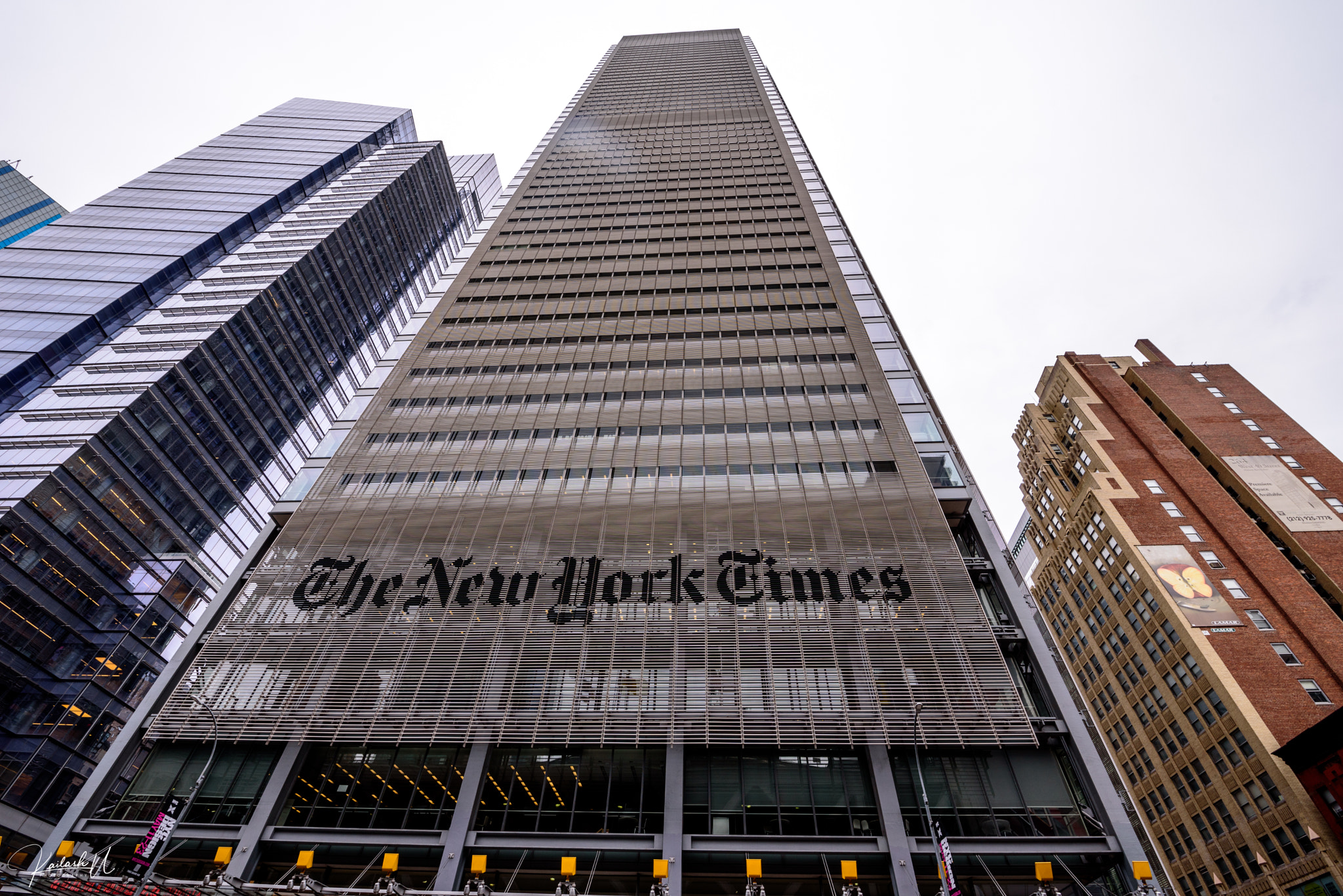 The Wall Street Journal reported earlier this week that the New York Times have signed a huge $100 million deal with Google, “that allows the Alphabet unit to feature Times content on some of its platforms, according to people familiar with the matter.”
The Wall Street Journal reported earlier this week that the New York Times have signed a huge $100 million deal with Google, “that allows the Alphabet unit to feature Times content on some of its platforms, according to people familiar with the matter.”
How will other publishers respond? Will they flock to Google in search of similar deals? What happens to the plurality of the media and a free and independent press if journalists are answerable to Google as their paymaster?
Will such scruples and principles be trampled underfoot in the rush to Google’s door?
Or will the authorities step in?
As many will be aware, Google has been seeking to capture as many news publishers as possible in its Google News Showcase product for a couple of years now, with limited interest from users. One commercial issue with the News Showcase is that Google becomes the advertiser instead of the publisher and keeps the vast majority of the ad revenue generated, sharing maybe 20% with publishers.
Aside from being a bad deal for publishers, there is then the regulatory issue that Google has an incentive to promote its own “News Showcase” over other more relevant content from rivals in its search results. Such discriminatory self-preferencing was found to be illegal in the EU’s Google (Shopping) case, which attracted a 2.4 billion fine. The US Department of Justice has also brought a case against Google on the issue. That case goes to trial in September of this year. The News Showcase has generated regulatory interest especially in the EU and Germany.
The Google/New York Times deal may raise the same issue again but on a bigger scale. The article indicates that the New York Times will also be “using Google tools for marketing and ad-product experimentation.” If this involves the promotion of the New York Times over its rivals that would clearly raise a competition problem.
The Wall Street Journal also carried a story detailing Google’s plans to “shift the way it presents search results to incorporate conversations with artificial intelligence, along with more short video and social-media posts.” The CMA currently has a consultation open on this issue. Responses are due by the end of the month.
Again, Google appears to be working on the basis that it can continue to promote its own products into its search results. Indeed, just this week Google announced Search Generative Experience, a proposal for the integration of its own AI (Bard) into Search (see our post here). This looks to be the same abuse that Google was fined for by the EU.
Will the authorities now step in and enforce the law?
Lire l’article complet sur : movementforanopenweb.com



Leave A Comment